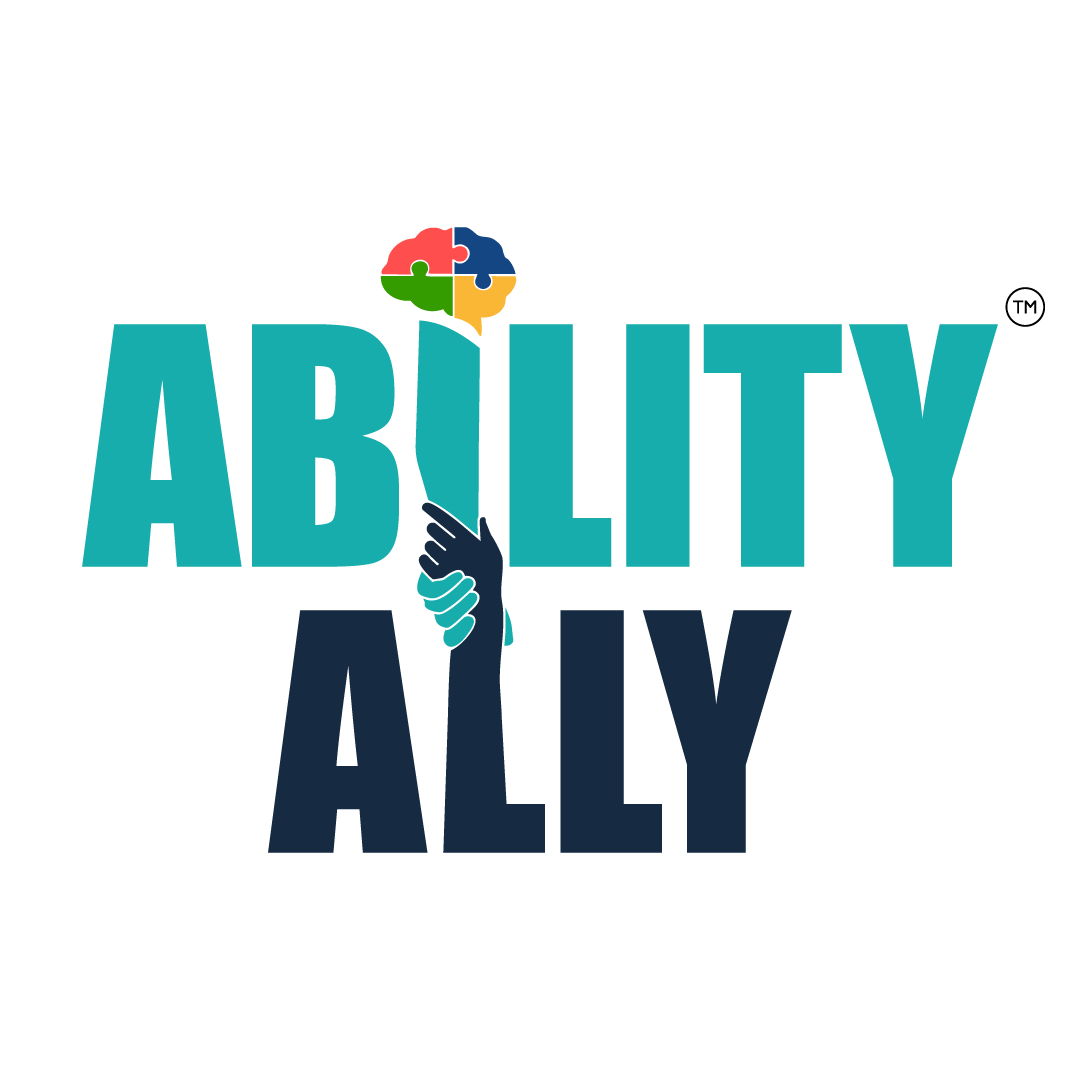Engaging children with special needs in purposeful and enjoyable activities can have a profound impact on their development. These activities support motor skills, sensory integration, cognitive abilities, and social interaction—all while being fun! Below are five creative and therapeutic activities designed to benefit children with special needs.
Sensory Play Ideas
Sensory play is vital for children with sensory processing challenges, helping them explore and regulate their sensory experiences.
- Sensory Bins
- Fill a bin with rice, sand, or beans and add small toys, letters, or shapes for children to discover. This activity enhances tactile awareness and fine motor skills.
- Water Play
- Provide cups, sponges, and small floating toys in a tub of water. Pouring and squeezing water can be calming while strengthening hand coordination and grip.
- Shaving Cream Fun
- Spread shaving cream on a table and let kids draw or write in it. This is a great way to work on sensory tolerance while practicing letters, shapes, and even numbers.
Motor Skill Boosters
Physical activities that target gross and fine motor skills are essential for building strength, balance, and coordination.
- Obstacle Courses
- Set up a simple indoor or outdoor obstacle course using pillows, cones, and tunnels. Activities like crawling, jumping, and balancing improve motor planning and body awareness.
- Ball Games
- Rolling, catching, or tossing a ball helps children develop hand-eye coordination and social interaction. For additional sensory input, use soft or textured balls.
- Bubble Blowing
- Blowing bubbles enhances oral motor skills and provides exercise. Chasing the bubbles also adds a fun sensory stimulation element.
Cognitive Challenges
Cognitive games foster problem-solving, memory, and attention skills while keeping children engaged.
- Puzzles
- Start with simple, large-piece puzzles and work up to more complex ones. Puzzles enhance visual-spatial skills, patience, and cognitive processing.
- Memory Games
- Use matching cards or objects to challenge a child’s recall abilities. Memory games can be tailored to suit different skill levels.
- Sorting and Categorizing
- Encourage kids to sort items like buttons, blocks, or toy animals by color, size, or type. This helps build logical thinking and organization skills.
Art and Creativity
Creative activities encourage self-expression and can be adjusted to meet individual abilities.
- Finger Painting
- Provide non-toxic paints and let kids express themselves freely. Finger painting is not only a sensory exploration activity but also promotes fine motor skills.
- Clay Modelling
- Sculpting with playdough or clay improves hand strength and fosters creativity. Adding tools like cookie cutters or rolling pins can make the experience even more enjoyable.
- Collage Making
- Use colorful paper, magazine cutouts, or natural materials like leaves to create collages. This boosts fine motor skills, imagination, and creativity.
Social Interaction Games
Group activities are great for fostering communication, teamwork, and social bonding.
- Simon Says
- A classic game where children follow instructions, improving listening skills and motor planning.
- Charades
- Encourage children to act out animals or actions for others to guess. This game promotes non-verbal communication, imagination, and creativity.
- Parachute Play
- Use a large parachute for group activities like bouncing balls or creating waves. This activity fosters teamwork, cooperation, and enhances gross motor skills.
By incorporating these enjoyable and therapeutic activities into daily routines, children with special needs can develop crucial skills in an engaging and supportive environment. Whether it’s sensory play, motor skill development, or social bonding, every child can learn, grow, and thrive through play.
